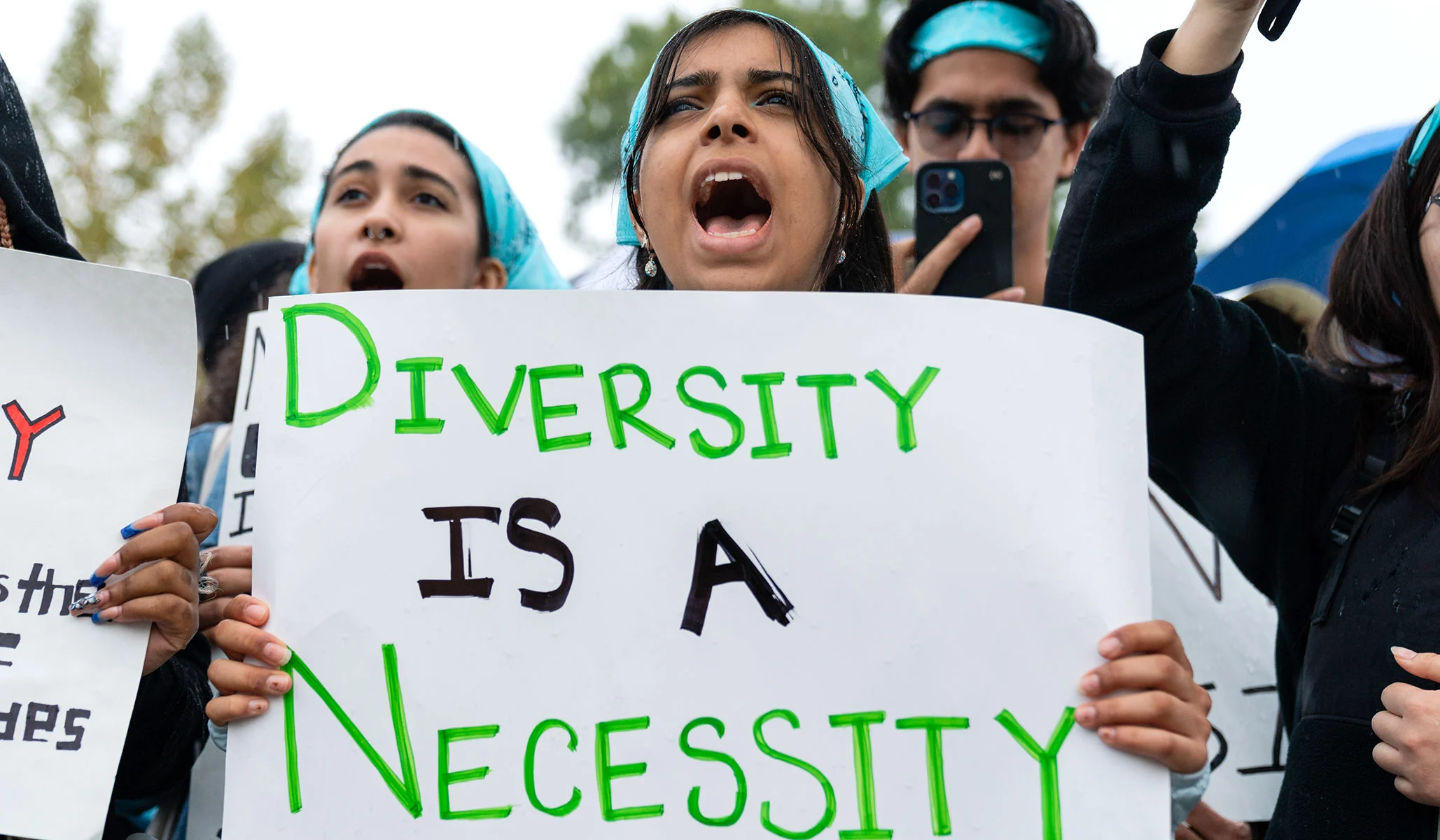Harvard Law professor Randall Kennedy, a respected scholar, wrote a guest essay in The New York Times titled “The Truth Is, Many Americans Just Don’t Want Black People to Get Ahead.” The essay delves into the historical criticism of efforts to advance African Americans and correct racial disparities, which have been criticized as “reverse discrimination” and “preference.” Kennedy outlines events from the past, including John C. Calhoun’s warning that political equality with whites would follow emancipation, and Andrew Johnson’s veto of Reconstruction-era civil-rights legislation that provided birthright citizenship to all born in the U.S. besides American Indians. Johnson viewed the bill as discriminatory against European immigrants and favoring blacks, and he opposed federal protections for civil rights. Kennedy then shifts the narrative to liberal attacks on “illicit racial preferencing” in the 1960s, such as the “compensatory” hiring of blacks to make up for past injustices, which President John F. Kennedy criticized. Randall Kennedy argues that President Kennedy was wrong to say that racial politics “begins” with equity for the marginalized, as unofficial quotas had already enabled white men to monopolize influential positions in society.
However, Kennedy makes the mistake of assuming that opponents of preferential hiring practices for blacks are racially biased. He commits the hypocrisy fallacy by stating that “those who have been at the forefront of attacking affirmative action have hardly been militants in challenging white supremacist policies, habits, and customs.” Kennedy suggests that even the Supreme Court should consider the “malign resentment at the sight of Black people getting ahead” as a reason why the usual supporters of small government now favor an “absolutist, judicially imposed command when it comes to affirmative action.” However, there is no evidence that modern-day opponents of affirmative action harbor animosity toward black success. Instead, the focus should be on the arguments’ merits rather than likening affirmative action’s opponents to segregationists.

